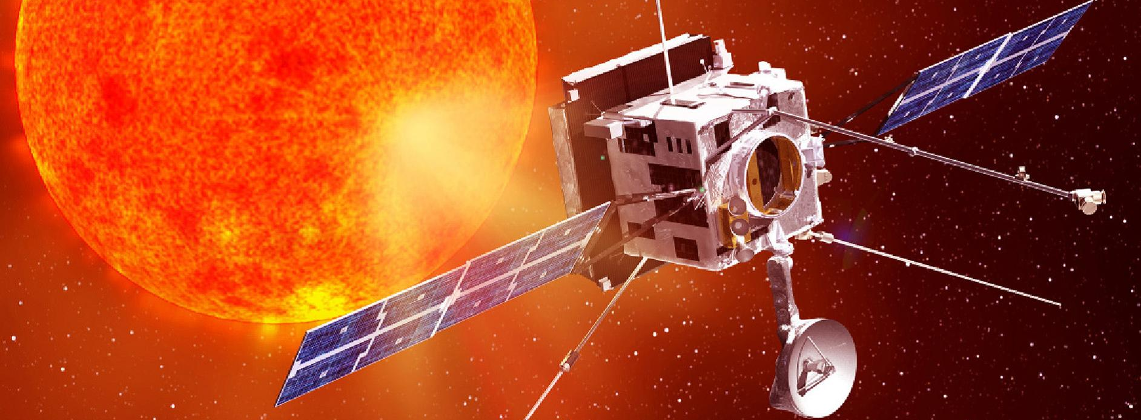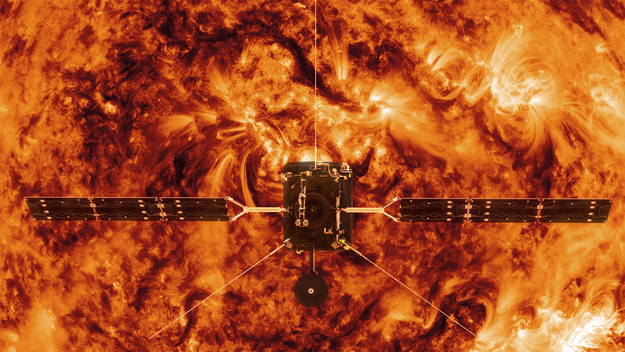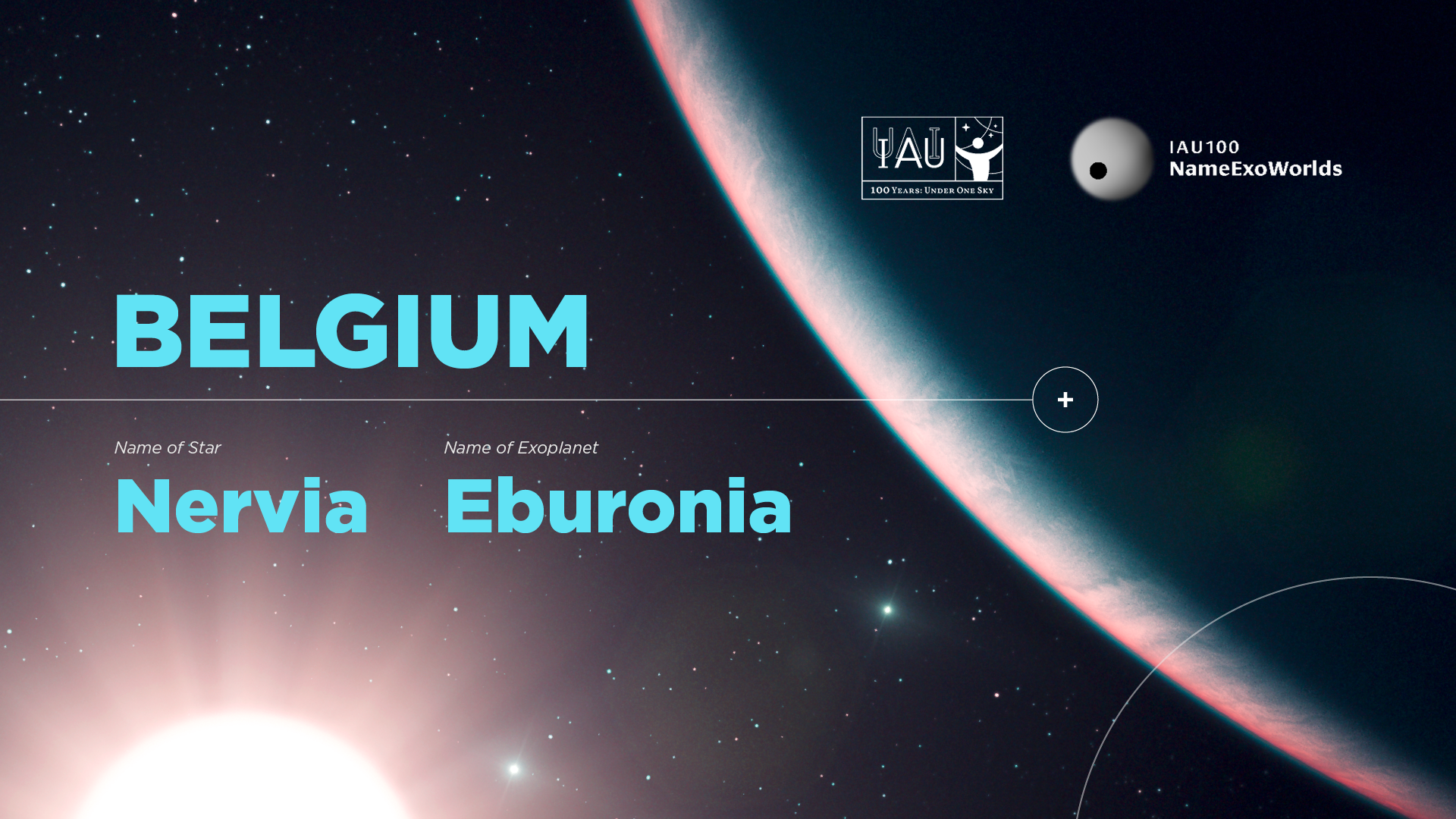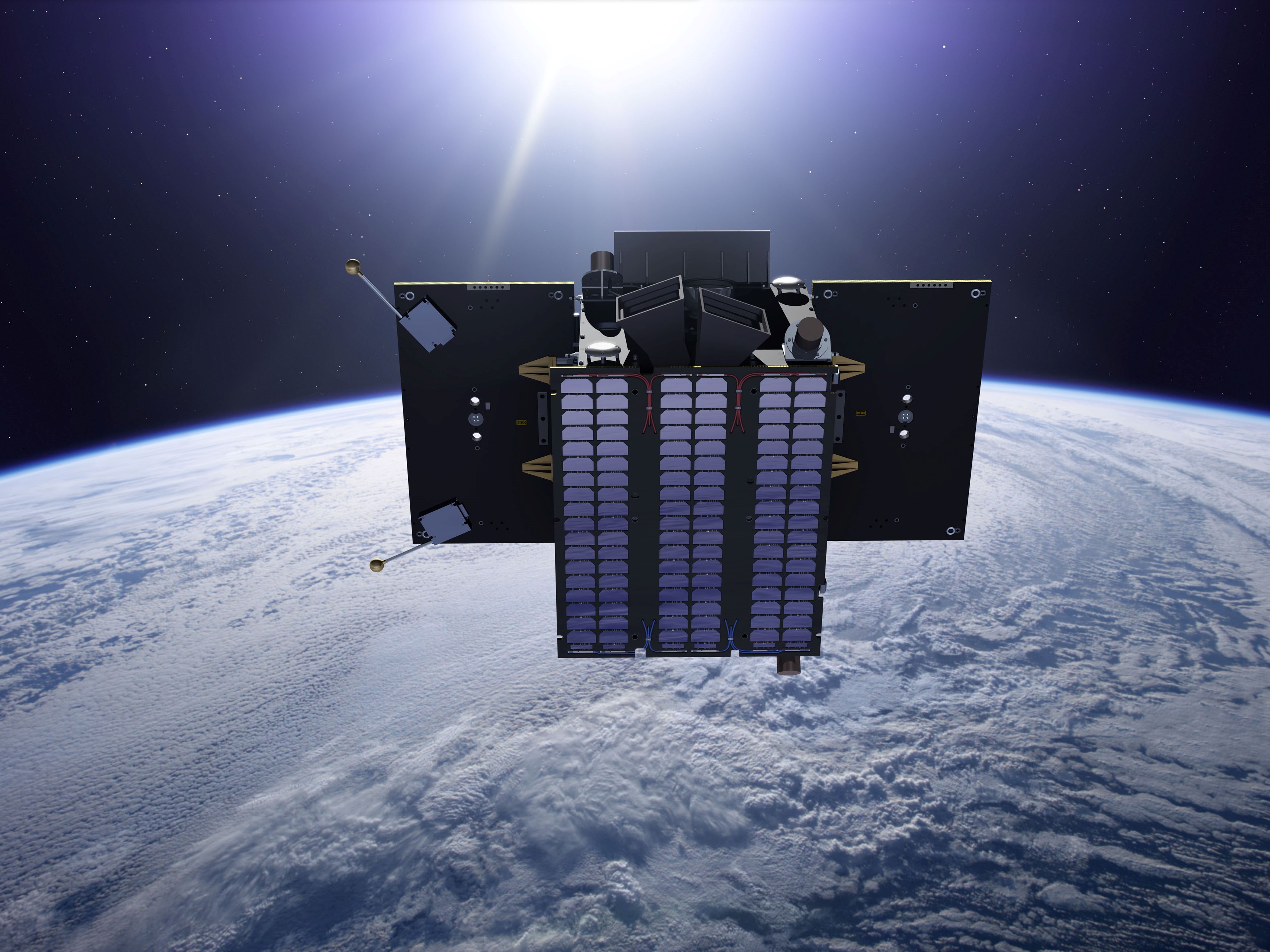The telescope EUI onboard of the space mission Solar Orbiter put further steps towards ‘looking at the Sun’, despite COVID-19
The telescopes of the Extreme Ultraviolet Imager (EUI) onboard Solar Orbiter opened their doors on May 12 2020 to photograph the Sun. This ‘First Light’ is a milestone, but also a critical step where many things can go wrong. The teams of scientists and operators are forced to work and communicate remotely.
[...]




